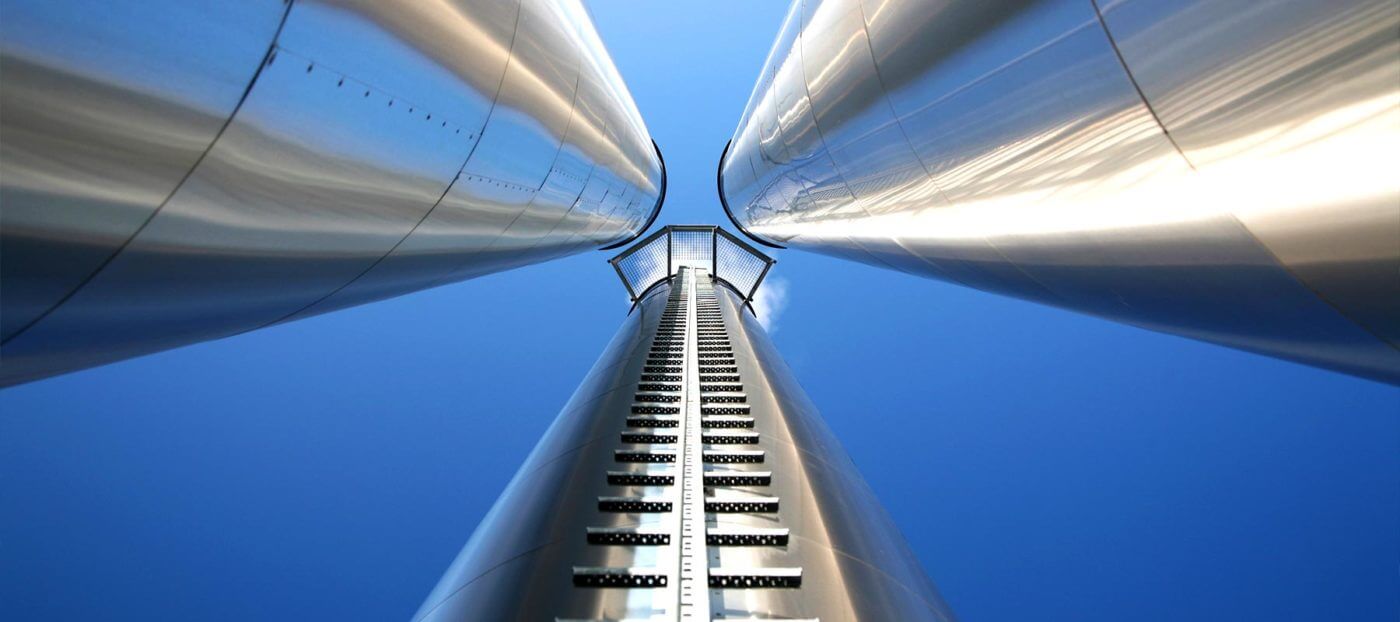
DOE announces first recipients of DAC hubs in an important step toward accelerating CO2 reductions
WASHINGTON – Clean Air Task Force welcomes the Department of Energy’s (DOE) announcement of up to $1.2 billion to advance the development of two commercial-scale direct air capture (DAC) facilities in Texas and Louisiana. This is a move that will help accelerate DAC in the United States, a technology that removes CO2 directly from the atmosphere where it can then be permanently and safely stored deep underground or converted into long-lived carbon-containing products like concrete or climate-neutral synthetic fuels.
“Carbon dioxide removal is critical to achieving our climate goals, and DOE’s announcement is an important DAC milestone,” said John Thompson, Technology and Markets Director, Clean Air Task Force. “The U.S. is the only country building large-scale DAC projects that can permanently remove one million tonnes of CO2 from the air each year, and the investment in these DAC hubs will inspire other nations. These first projects will help us to discover the initial costs and create the roadmap for driving them down in the future.”
Carbon dioxide removal (CDR) is critical to achieving 2050 climate goals, in addition to deep industrial decarbonization and steep emissions reductions through carbon capture and storage and other means (CCS). DAC is a key part of the CDR portfolio; the Intergovernmental Panel on Climate Change (IPCC) estimates that DAC will have to capture between 30 billion tonnes and 109 billion tonnes in 1.5ºC pathways with limited to high overshoot.
“The science is clear: we need to swiftly cut the carbon pollution we are emitting and remove historic carbon emissions from the atmosphere if we are going to reach our climate targets,” said Ben Longstreth, Global Director of Carbon Capture, Clean Air Task Force. “The DAC hubs can help us do both by building the infrastructure for CCS, which is critical for reducing emissions and driving demand for zero carbon energy. The hubs signal U.S. leadership on innovative technologies that permanently remove carbon dioxide from the atmosphere. We look forward to continuing to engage with the Biden administration and other stakeholders as these critically important technologies get deployed.”
Selected Projects
Project Cypress (Calcasieu Parish, LA): Battelle will act as the DAC hub owner in partnership with Climeworks Corporation, Heirloom Carbon Technologies, Inc., and Gulf Coast Sequestration (GCS).
South Texas DAC Hub (Kleberg County, TX): 1PointFive will act as the DAC hub owner in partnership with Carbon Engineering Ltd., the Worley Group Inc., Carbon Direct Inc., Lawrence Livermore National Laboratory, and Texas A&M University Kingsville.
Both hubs have committed to engaging in robust community and labor engagement and will contribute to the President’s Justice40 Initiative. Together, these projects are expected to remove more than 2 million tonnes of carbon dioxide (CO2) emissions each year from the atmosphere and create 4,800 good-paying jobs in Texas and Louisiana. Learn more about the two Regional DAC Hubs projects selected for award negotiations here.
Press Contact
Samantha Sadowski, Communications Manager, U.S., ssadowski@catf.us, +1 202-440-1717
About Clean Air Task Force
Clean Air Task Force (CATF) is a global nonprofit organization working to safeguard against the worst impacts of climate change by catalyzing the rapid development and deployment of low-carbon energy and other climate-protecting technologies. With 25 years of internationally recognized expertise on climate policy and a fierce commitment to exploring all potential solutions, CATF is a pragmatic, non-ideological advocacy group with the bold ideas needed to address climate change. CATF has offices in Boston, Washington D.C., and Brussels, with staff working virtually around the world. Visit catf.us and follow @cleanaircatf.


